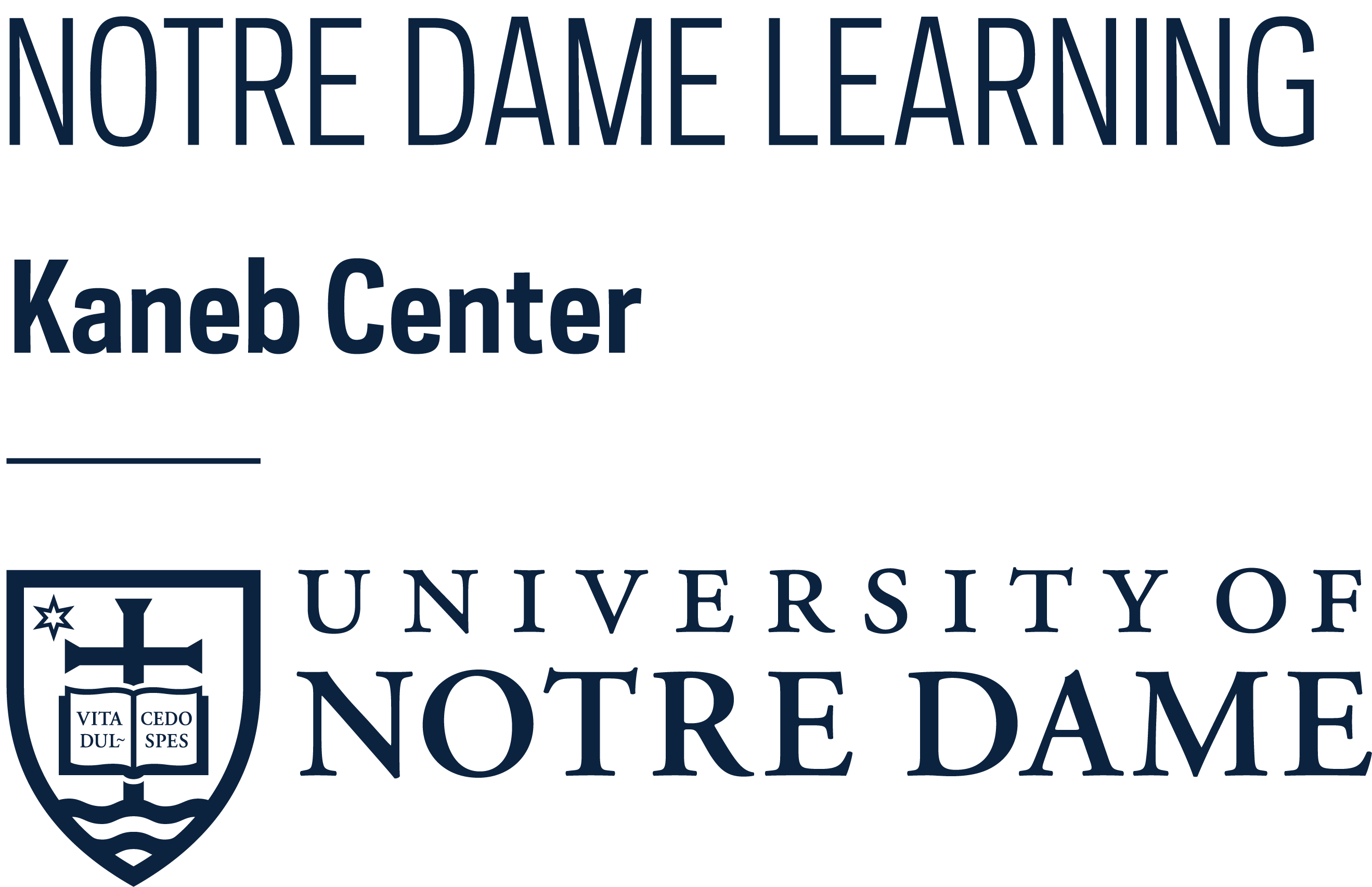With the semester drawing to a close and final exams approaching, review sessions are sure to be at the front of your student’s minds. While typically not as focused as a regular lecture, review sessions can help students draw connections between the various topics covered throughout the course. What follows will be four techniques to help you rock your next review session.
- Reserve a spot (early):
Unless you are going to hold the review session during class time, you will need to reserve a room large enough to fit all of your students at a time that works for the majority and since you will be competing with the rest of the university it helps to do this early. It can also be useful to schedule the review session more than one day ahead of the exam so that any potential issues identified during the session can be addressed before the final. - Poll Students (early):
While most students want all of the possible material covered in a review session. For a cumulative final, reviewing that much material in a one or two hour session is daunting, both for you and for the students. By polling the students (Sakai, or ask in class) on which sections they feel weakest on, you can better plan how to allot the time of the review session. - Active Learning:
In contrast to a lecture-based content-heavy review session, recent research [1] suggests that incorporating active learning exercises into review sessions can lead to large gains for students, whereas passive lecturing tends to only encourage a student’s illusion of mastery [2].- Concept Map: Have students sketch out a map connecting the various concepts that will be on the exam.
- Notebook Comparison: Have students compare their notes on a topic or section with a partner and discuss why they may have recorded the information differently.
- Problem Solving: Provide a set of problems for each topic and have students work on them together.
- Match the Format:
One of the best ways to help your students prepare for the exam is to give them a taste of the type of problems that will be on the exam. If the test is going to be primarily calculations, sprinkling practice calculations throughout the review session will better prepare the student than if you provided them with multiple choice questions.
If you found this helpful and find yourself wanting more practice with review sessions consider attending the workshop Leading Review Sessions hosted by the Kaneb Center.
References:
[1] Active review sessions can advance student learning.
[2] Brown, P. C., Roediger, H. L., & McDaniel, M. A. (2014). Make it stick: The science of successful learning.
